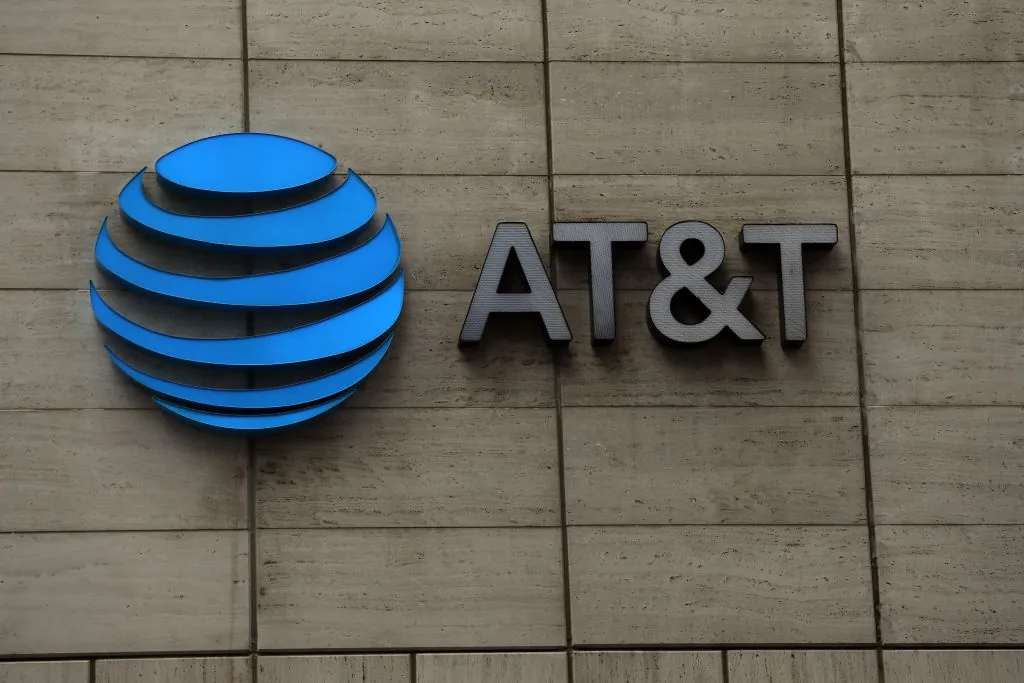AT&T and the union reached a “strong tentative agreement” on Sunday, as announced in the union’s press release.
“We express our immense pride in our members and extend our gratitude to CWA members, retirees, and allies nationwide for the unwavering support that has carried us through these challenging negotiations,” remarked Richard Honeycutt, CWA District 3 Vice President. “Their remarkable willingness to make sacrifices in order to secure significant advancements in their contract, not only benefiting themselves but also future members, serves as a truly inspiring example.”
AT&T and CWA have successfully negotiated a five-year contract that prioritizes wages and healthcare costs. Under this agreement, all employees will benefit from a substantial 19.33% increase in wages. Moreover, wire technicians and utility operations personnel will receive an additional 3% raise. While healthcare premiums will remain unchanged in the current year, they are expected to decrease in the second and third years. The union has assured its members of only modest monthly increases in the last two years of the contract.
According to AT&T Chief Operating Officer Jeff McElfresh, the company’s primary objective was to establish a fair contract for the workers.
McElfresh emphasized that the company’s primary objective has always been to establish equitable agreements that acknowledge the dedication and effort of its employees in delivering exceptional customer service. The agreements achieved precisely that by providing competitive market-based compensation and benefits, which are among the most favorable nationwide. Furthermore, these agreements bolster the company’s competitive stance in the broadband industry, enabling growth and success even when faced with predominantly non-union competitors.
Before the agreement, the CWA lodged complaints of unfair labor practices against the Dallas-based telecom company with the National Labor Relations Board. The allegations included claims that the company was not engaging in good faith bargaining, engaging in surface bargaining, and failing to send representatives to the bargaining table with decision-making authority. Negotiations had been underway since June.
The tentative agreement is still in the process of being finalized. Once completed, the union members will carefully review the agreement before proceeding with a ratification vote. If the majority of the members vote in favor of the agreement, the district’s bargaining committee will then recommend its ratification.
According to McElfresh, the anticipated occurrence is expected to take place in the upcoming weeks.







Leave a Reply